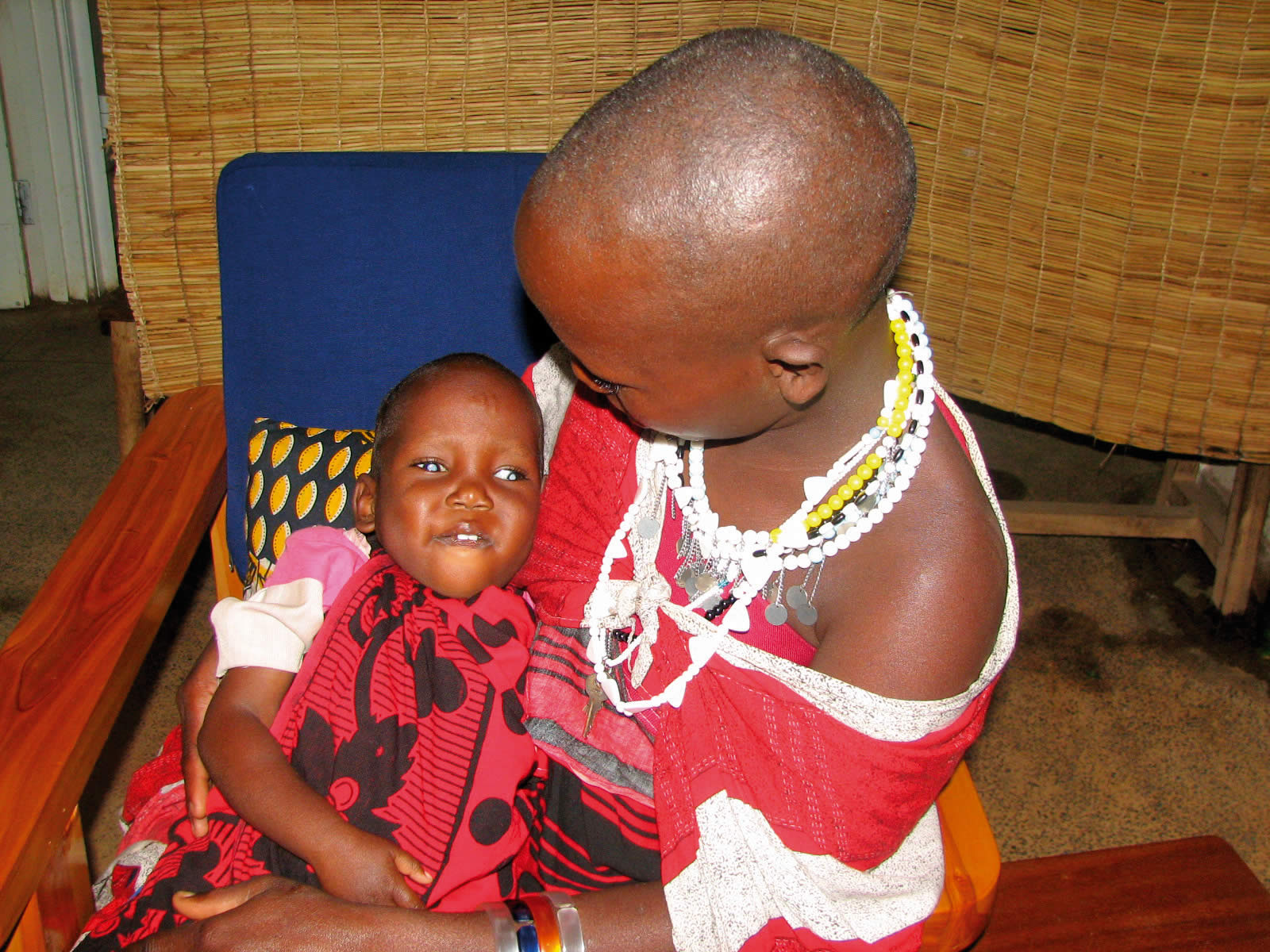Bringing Vision to Africa: The Kilimanjaro Centre for
Community Ophthalmology
The Kilimanjaro Centre for Community Ophthalmology (KCCO),
founded in 2001, is dedicated to eradicating avoidable blindness across Africa.
With a vision of accessible, high-quality, patient-centered eye care for all
Africans, KCCO integrates clinical ophthalmology, public health principles, and
applied research to improve eye health, especially in underserved rural and
low-income communities.
Transformative Eye Care: Sarah’s Journey
Globally, about 1.4 million children are blind, with many
more experiencing visual impairment. Sub-Saharan Africa (SSA) faces a
particularly high burden, with childhood cataracts being a significant, yet
treatable, cause of blindness. KCCO’s research highlights a gender disparity,
showing that girls often receive eye care services later and less frequently
than boys. Early detection and treatment of eye conditions are crucial, but
many children with SSA remain undiagnosed for years.
KCCO’s childhood blindness programs prioritize early
detection and treatment of cataracts in children. They train community
volunteers and primary care staff as "cataract case finders" who
identify and refer suspected cases to specialized pediatric eye care
facilities. Additionally, KCCO conducts community-level screening camps when
funding permits.
Sarah, a young girl from Uganda, exemplifies the impact of
KCCO’s efforts. Diagnosed with congenital bilateral cataracts, Sarah’s parents
noticed vision problems and white spots in her eyes shortly after birth but
were unaware of the condition. A primary care worker’s referral led Sarah to
the Benedictine Eye Hospital in Tororo, where she underwent cataract surgery at
the age of three. The surgery restored her sight, enabling her to engage in
everyday activities and play with her friends.
“We are happy because our girl can now see,” Sarah’s mother
expressed, highlighting the profound impact of KCCO’s work.
Despite such success stories, many children remain
undiagnosed due to limited resources for training and outreach, underscoring
the need for expanded support. KCCO strives to remove barriers to cataract
treatment. When donor funding is available, surgeries are performed at no cost
to families, and transportation expenses for follow-up visits are covered.
Follow-up care is essential, as children often need glasses and further
management, especially if operated on later.
Proper treatment and follow-up enable many children to
achieve excellent vision and integrate into regular schools by age five.
Sarah’s follow-up care, including glasses, was supported by grants from USAID
and the Seva Foundation.
“On behalf of Benedictine Eye Hospital, parents, and
children served by our childhood blindness program, I sincerely thank KCCO for
enabling us to deliver eye care to our community’s most vulnerable,” said Dr.
Proscovia Arach, a pediatric ophthalmologist.
KCCO’s Comprehensive Approach
KCCO leads comprehensive childhood blindness initiatives in
Africa. The organization has produced manuals on preventing and managing
childhood blindness in developing countries, available at kcco.net. Supported
by various organizations, KCCO implements strategies to:
·
Identify and refer children who need help early
·
Support families before and after cataract
surgery
·
Ensure girls receive the same services and
opportunities as boys
·
Strengthen local hospitals
KCCO currently supports pediatric eye care programs in
Burundi, Madagascar, Malawi, Tanzania, and Uganda. However, many areas remain
underserved due to funding limitations. KCCO continues to work towards
expanding their services to provide essential eye care to more children in
need.
Through KCCO’s transformative eye care, every child has the
opportunity to see a brighter future.










.jpg)